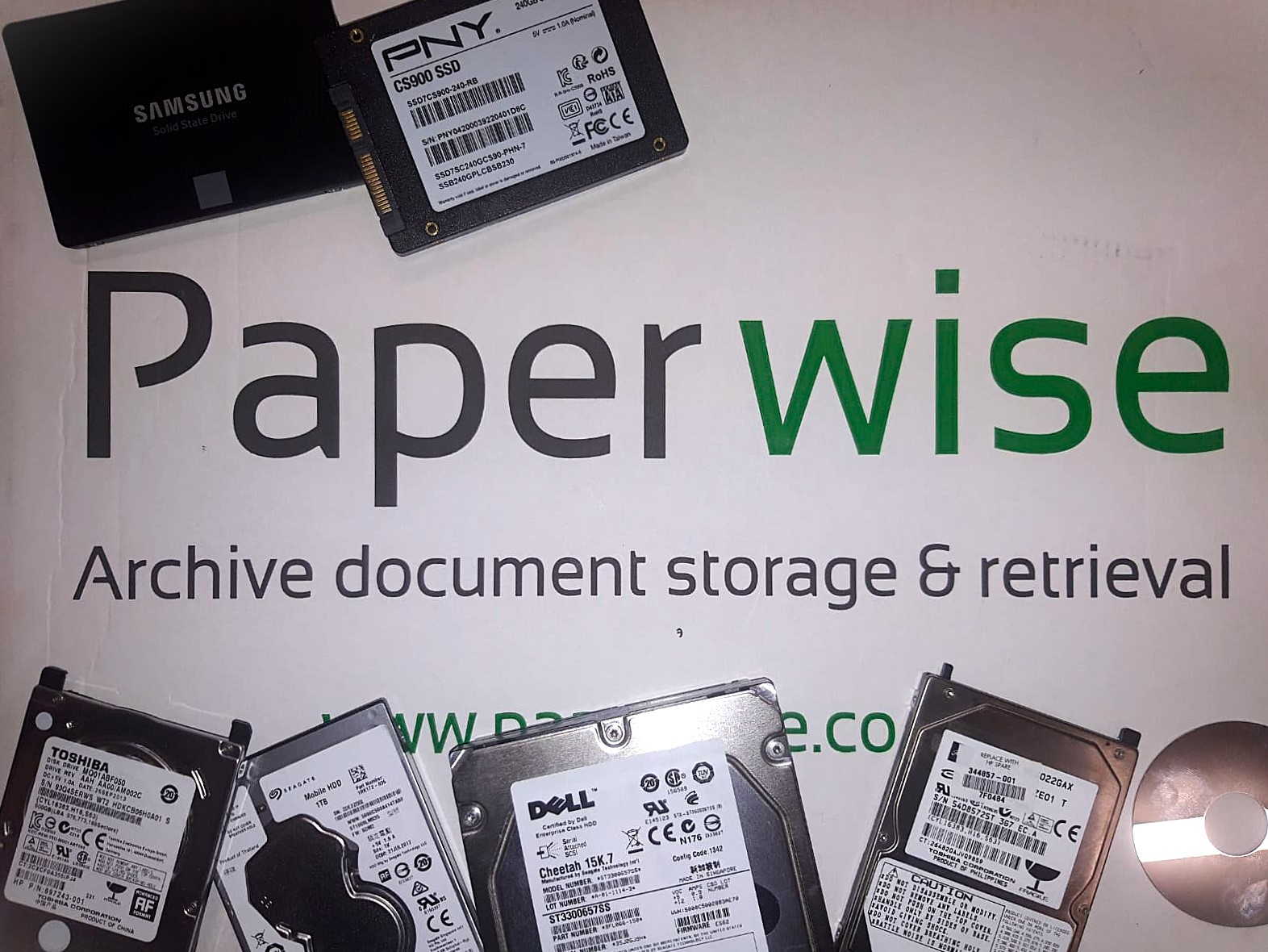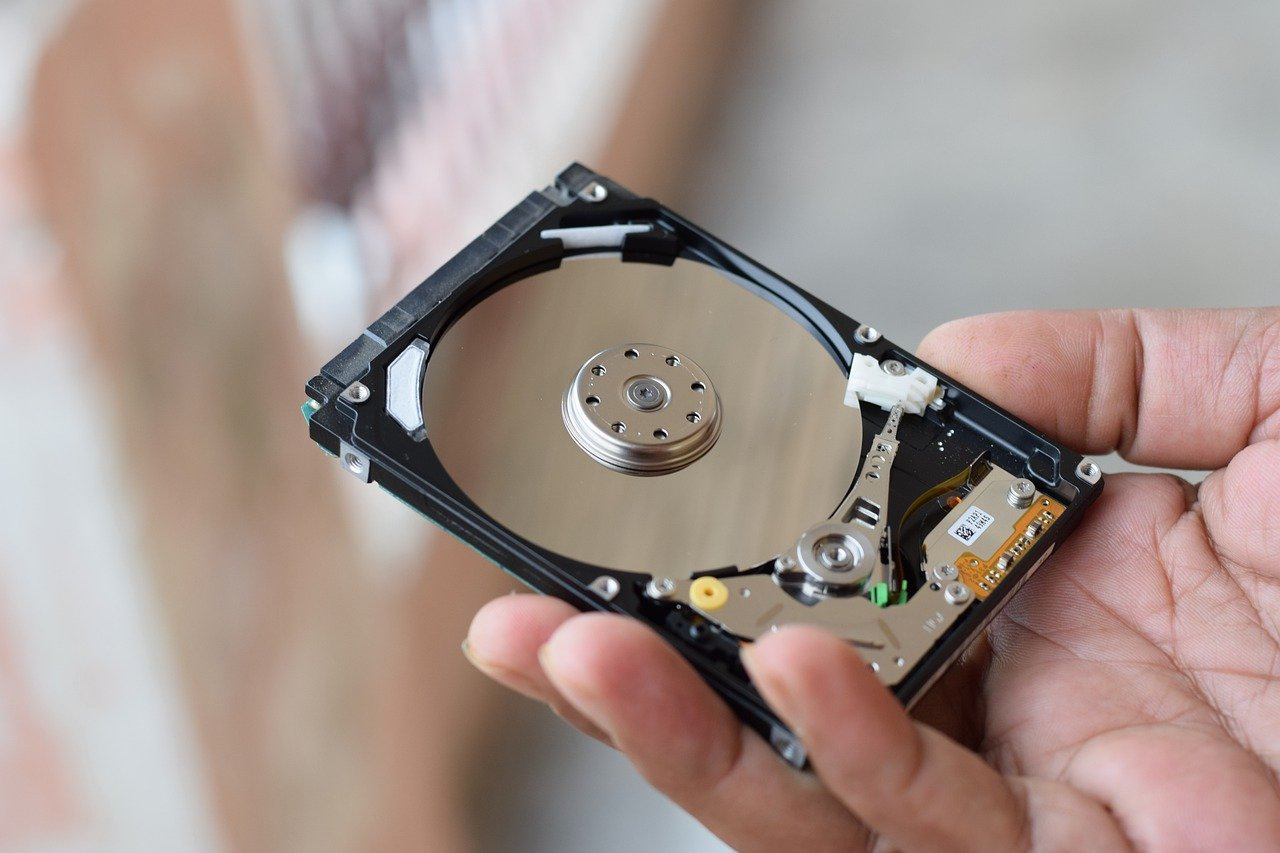

HDDs and SDDs
What's the Difference?
Hard Disk Drives (HDDs) have been the standard for electronic storage since 1956, serving as the primary solution for data storage for decades. The Solid State Drive (SSD), a newer alternative, offers several advantages over the traditional HDD.
SSDs are typically much faster than HDDs, thanks to their lack of moving parts. Instead of relying on a spinning magnetic disc, SSDs use flash memory chips, which not only enhance speed but also make them more durable. Without the mechanical components of an HDD, SSDs are less prone to damage from physical impacts.
However, HDDs still have their place in certain situations. They generally offer larger storage capacities at a significantly lower price point compared to SSDs. While high-capacity SSDs are becoming more available, they still come at a higher cost than their HDD counterparts.
